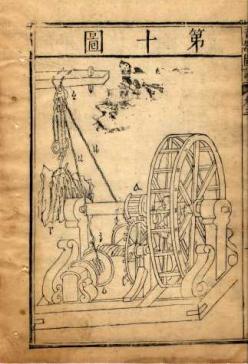China‘s long and continuous tradition gives the exceptional opportunity to study long-term developments of knowledge in a context different from that of European science. For this reason, research on Chinese science opens up possibilities for cross-cultural studies in the long-term development of science. The activity in this project focused on an exemplary case of such a long-term development, the development of mechanical knowledge in China from antiquity to the early modern period. Research was guided by a number of specific research questions, in particular the question of the interaction between practical and theoretical knowledge and the question of the interaction between domestic and external knowledge traditions over a period of more than a millennium.
The activity was jointly undertaken by the project on Mental Models in the History of Mechanics, headed by Jürgen Renn, at the Max Planck Institute, its Partner Group (2001–2006), headed by Zhang Baichun, at the Institute for the History of Natural Sciences (IHNS) of the Chinese Academy of Sciences, and a group of international experts on Sinology and Jesuit science.

